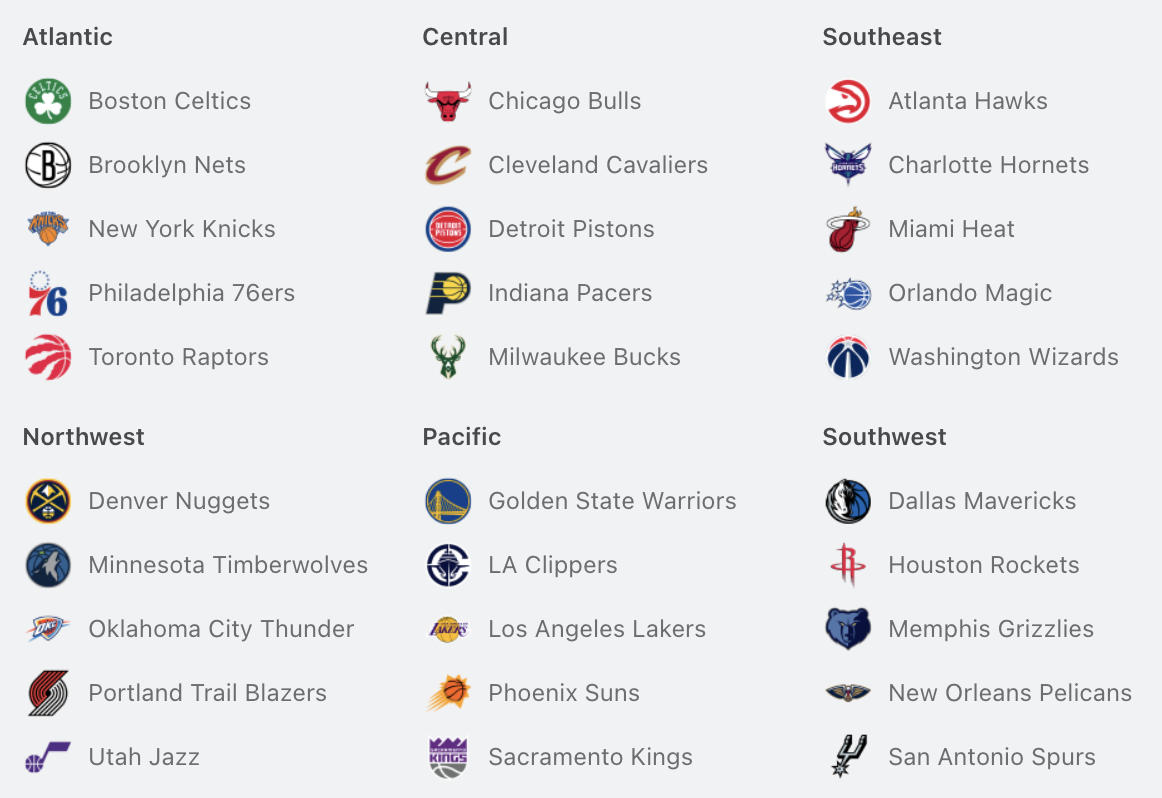By Nicholas Proch
If you were to look at my inbox on my computer right now, you’d be astonished at the amount of emails I receive on a daily basis to my Recorder account.
I get numerous questions, stories, ideas and inquiries. It comes with the territory of being the first name on the masthead on page two. All questions find their way to my desk, which I prefer so that I can be aware of what is going on at this publication.
Unfortunately for me, I also get several emails a week asking for some club, organization or sometimes administrative body, both at this university and not, to have someone come down and write a story about them.
Let’s be honest. If you’re asking a newspaper to write a story about you, usually you have interests that extend beyond what our publication should be.
Newspapers were founded to be the voice of the people. They were meant to keep political and social institutions in check. The reporting of current events, tragedies and notable feats all find their way into the pages.
What had happened over the years to some publications was the curtailing of transparency and fairness. They let advertisers influence what and how they were writing.
Then the bottom fell out for newspapers economically. Print publications are not what they used to be. Journalists from the old school will tell you that the changing of corporate and economic practices have changed newsprint for the worse. They are struggling to fill pages. Shrinking staffs and funding, especially from advertisers, make it harder to report stories.
We feel this at our level as well. While we operate on a fixed budget, which allows us to print without feeling the pressure of the economy, we are finding it harder to keep people interested in reporting.
Many in this society have the general feeling that newspapers are dead. They will not come back and they will be online. More importantly, they feel the money has dried up and publishers are clinging on to a dead medium.
Does that mean bloggers will be the world’s journalists? I hope not. There will always be a need for trained reporters. There are ethics involved.
If Woodward and Bernstein hadn’t followed some sort of ethical code and process, Watergate as we know it may have turned out much differently. It’s not just about the leaks, it’s also about the accurately reported story. This is where blogs come up short.
So what does this mean? It means that less people are coming into school looking to report solely for a newspaper. They want their hand in video, online publications and social media. This translates to our staff shrinking to reflect that notion.
This all brings me back to our original dilemma. It’s very tempting to take a story based on the fact that it is there. It’s sitting in my inbox. The 500 words someone can write about it would help fill space. There are many positives to taking a story that is basically a glorified and reported press release, but the negatives far outweigh them.
A student newspaper is a lot of things. It’s something to belong to. It gets you to be a part of the CCSU campus. It’s one hell of a resume builder. Above all, it’s a learning tool. I’m not going to say that I don’t have a lot to learn, but I’ve seen a lot here in my time down in the offices of the student center trying to create a weekly product.
I’m faced with real ethical questions and have to make the decisions that best suit my staff. With all that being said, I’m not going to let anyone use this publication as a public relations pamphlet. It’s not good practice for anyone here at the Recorder.
I’m not afraid to be the bad guy, but I get the impression that it’s been the norm for some to get press whenever they see fit and that has to stop.


